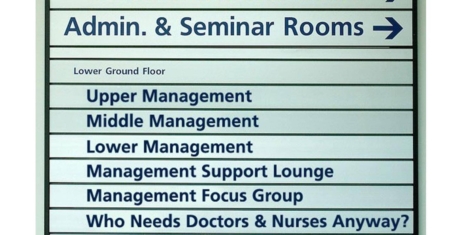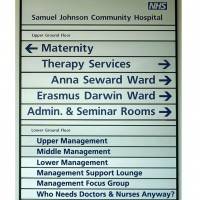February 11, 2016
Manchester set to run out of Grade A office space this year, claims report 0
 Manchester could completely run out of ready to occupy, Grade A office space this year, according to a new report from Colliers International. The snapshot of the commercial property market in the city claims that take-up of space in Manchester during 2015 was over a third (37.5 percent) above a ten year average and the rate of occupation by both UK and overseas firms was double that of the previous three years. As a consequence, the local property market is currently unable to keep pace with demand and the availability of Grade A space declined by 61 percent during the year to reach its lowest level since 2006. There is now just 216,000sq ft of Grade A stock available to let in Central Manchester, with major new developments in the key Spinningfields district (above) and elsewhere not expected to complete until later this year and into 2018. Even some of these spaces are already let, according to the study.
Manchester could completely run out of ready to occupy, Grade A office space this year, according to a new report from Colliers International. The snapshot of the commercial property market in the city claims that take-up of space in Manchester during 2015 was over a third (37.5 percent) above a ten year average and the rate of occupation by both UK and overseas firms was double that of the previous three years. As a consequence, the local property market is currently unable to keep pace with demand and the availability of Grade A space declined by 61 percent during the year to reach its lowest level since 2006. There is now just 216,000sq ft of Grade A stock available to let in Central Manchester, with major new developments in the key Spinningfields district (above) and elsewhere not expected to complete until later this year and into 2018. Even some of these spaces are already let, according to the study.



































